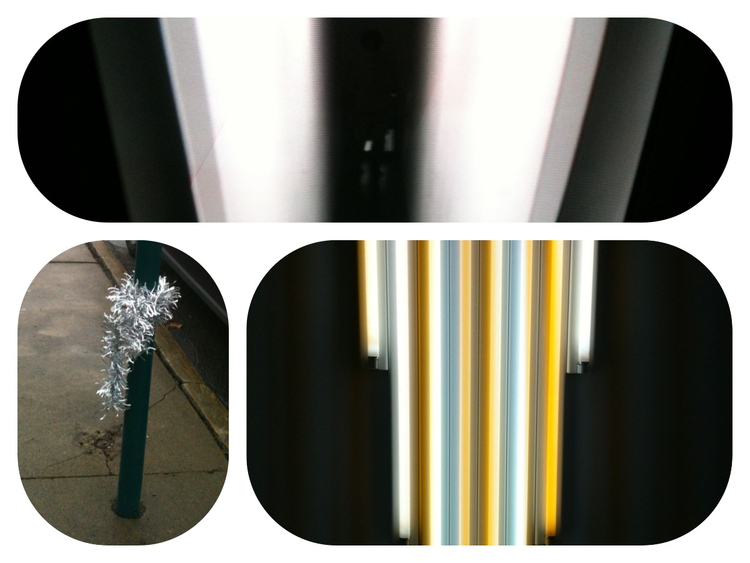This exhibition explores family migration and the inherited trauma of exile in a series of new site-specific works.
Deborah Vankin in conversation with Jenny Yurshansky, LA Times
LA Times also selected the exhibition as top pick of exhibitions to view in SoCal during April 2022
Matt Stromberg, Hyperallergic
Irina Gusin, CARLA
Born stateless in Rome while her parents were fleeing Soviet-era Moldova, Yurshansky draws on her personal experience to examine the aftermath of immigration and inherited trauma – specifically, what is lost from the place of expulsion and how adopted homelands accept and respond to outsiders. Inspired by journeys back to Moldova, encounters with family artifacts gathered hastily before leaving, and reflections on the twists and turns of family lives, the exhibit invites viewers to explore their own collective and individual journeys.
Yurshansky conceived the gallery as an installation to be experienced from both inside and outside of the space. The titular sculpted glass, welded, charred, braised steel, and wood installation traces her family’s international migration routes. The exhibition also features a number of textile-based works, analog slide projections, and a performative audio guide that invites visitors to roam the natural world of AJU’s campus and meet the blacklisted species that live among us. Please click here to access the audio guide.
The exhibition also features a unique project created with and by students from Jewish day schools across Los Angeles, including Milken, De Toledo High School, and Shalhevet. During workshops held at AJU, Yurshansky led students on a journey to discover their voices by exploring family narratives of immigration, change, and resilience. Their familial stories, which traverse the globe from Iran to New York, were expressed through collages, images, and narratives folded into playful shapes of fortune-tellers. Their joint efforts have become the piece Unfolded Narratives, a large-scale quilt reminding us that all our stories are connected and pieced together.
The project was organized as part of The Smalley Art Project, generously supported by Sondra and Marvin (Z’L) Smalley, which seeks to address the needs of children and youth in our Jewish community through creative expression and art. The project develops and offers impactful and compelling art programs for youth, children, and their families, reflecting AJU’s central role as a community convener through Jewish creativity. Additional support for the project was provided by Asylum Arts, CANVAS, and the Foundation for Contemporary Arts Emergency Grants.
See more at Arts.aju.edu






